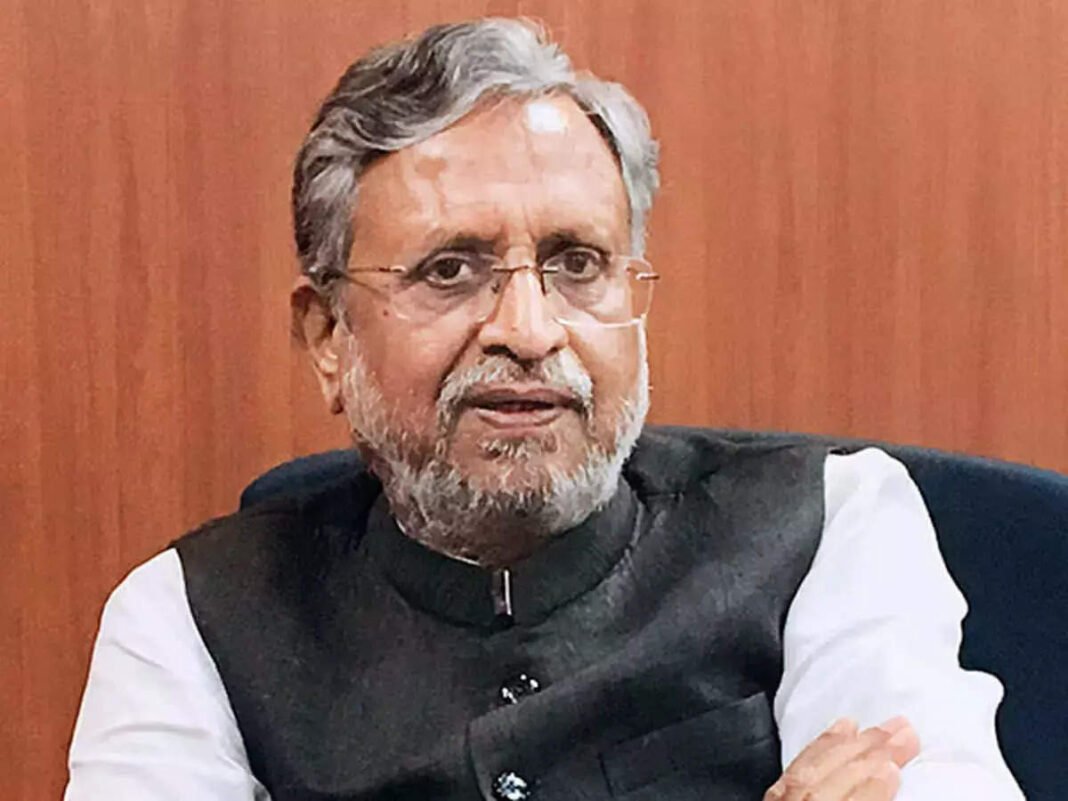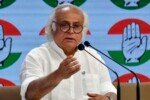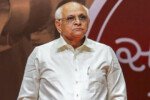NEW DELHI, July 3 (PTI): Chairman of parliamentary panel on law and BJP MP Sushil Modi on Monday advocated keeping tribals, including those in the North East, out of the purview of any likely Uniform Civil Code (UCC) at a meeting while some opposition members questioned the Law Commission’s timing of the move to begin consultations on the contentious issue, sources said.
Most opposition members, including those from the Congress and the DMK, linked the push for the UCC to the next year’s Lok Sabha polls, sources said.
The meeting of the parliamentary standing committee, first after the law panel initiated the consultation process on the common civil code, was held to hear the views of representatives of the law panel and legal affairs and legislative departments of the law ministry on the consultation process.
Last month, the law commission issued a public notice inviting views from the various stakeholders on the UCC under the “Review of Personal Laws” subject.
According to sources, Shiv Sena’s Sanjay Raut questioned the timing of the consultations while Congress MP Vivek Tankha and DMK MP P Wilson submitted separate written statements, asserting that there was no need to have fresh consultations on the emotive issue.
In his letter, Tankha also reiterated the view of the previous law commission that providing a uniform civil code was “neither necessary nor desirable at this stage”. Questioning the intent behind the move, Tagore linked the law panel move to the polls.
The law commission was represented in the meeting by its member-secretary K Biswal.
Sushil Modi in his comments pitched for keeping tribals out of the ambit of any proposed UCC and noted that all laws have exceptions.
It was also pointed out in the meeting that the central laws are not applicable in some North Eastern states without their concurrence.
BJP’s Mahesh Jethmalani made a strong defence for the implementation of UCC as he cited debates in the constituent assembly to assert that it was always considered imperative.
Meanwhile, sources indicated that the possibility of a bill on UCC is remote in the monsoon session of Parliament beginning July 20.
In a presentation during the meeting, law commission officials said 19 lakh suggestions have been received so far in response to its public notice on June 14. The exercise will continue till July 13.
Sources said 17 out of 31 members of the panel attended the meeting.
Uniform Civil Code is aimed at replacing personal laws based on religions, customs, and traditions with one common law for everyone irrespective of religion, caste, creed, sexual orientation, and gender. Personal laws and laws related to inheritance, adoption and succession are likely to be covered by a common code.
Implementation of a UCC has been part of BJP election manifestos and Prime Minister Narendra Modi while addressing BJP workers in Bhopal last month made a strong push for it, asking how can the country function with dual laws that govern personal matters, and accused the opposition of using the UCC issue to “mislead and provoke” the Muslim community.
Uttarakhand is already in the process of implementing its common code.
Opposition parties, however, had attacked the prime minister for his comments on the UCC with the Congress saying he was making such remarks only to divert attention from real issues such as unemployment and the Manipur violence.
AIMIM leader Asaduddin Owaisi asked whether the country’s pluralism would be “snatched away” in the name of UCC.
In its consultation paper issued on August 31, 2018, the 21st Law Commission headed by Justice B S Chauhan (retd) said while the diversity of Indian culture can and should be celebrated, specific groups or weaker sections of the society must not be “dis-privileged” in the process.
It said the Commission dealt with laws that are discriminatory rather than providing a uniform civil code “which is neither necessary nor desirable at this stage”.
The consultation paper noted that most countries are now moving towards recognition of difference, and the mere existence of difference does not imply discrimination but is indicative of a robust democracy.







